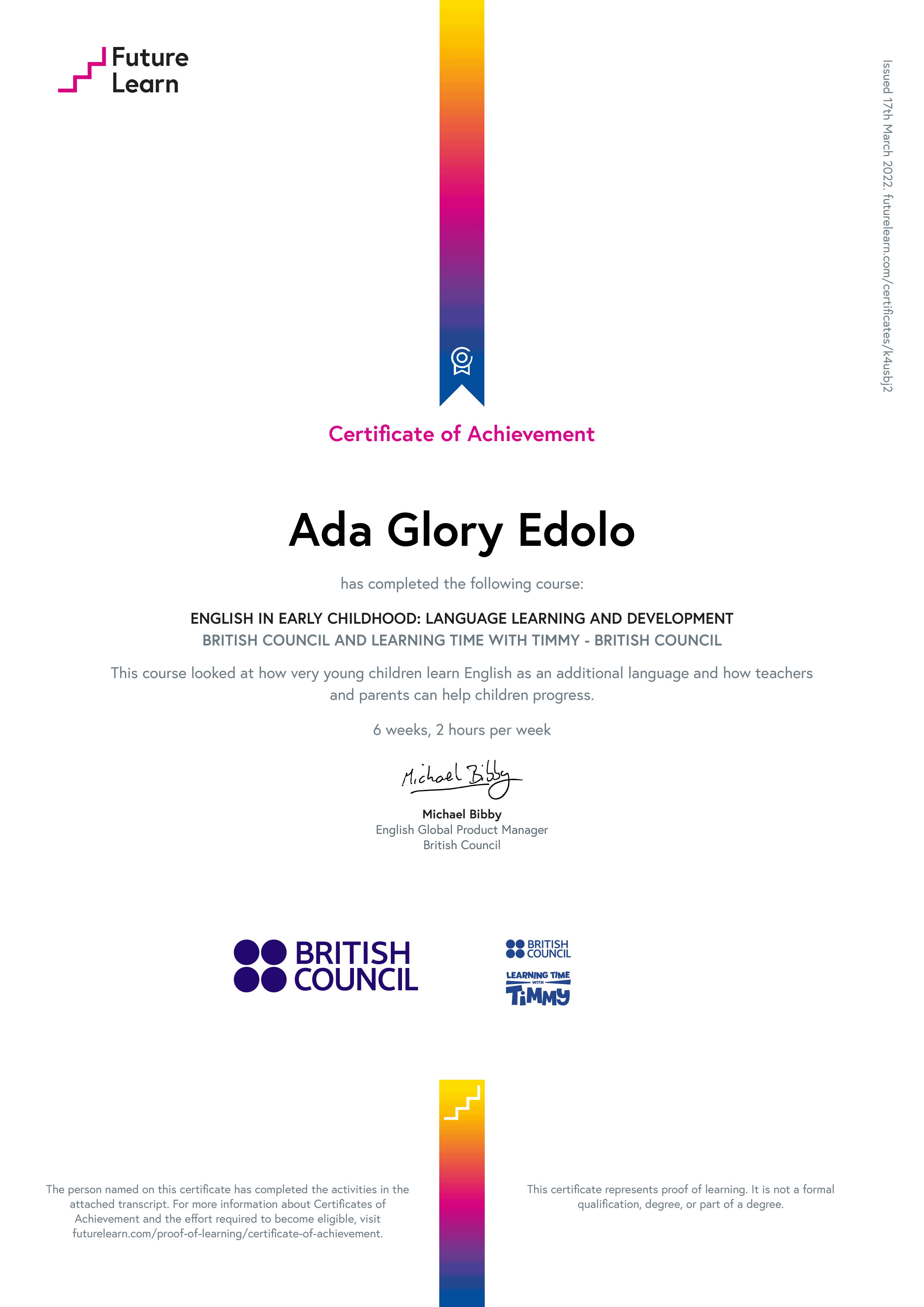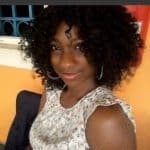Course review: English in Early Childhood – Language Learning and Development
Learn how young children learn English as an additional language and how to apply different strategies to help assess their development.
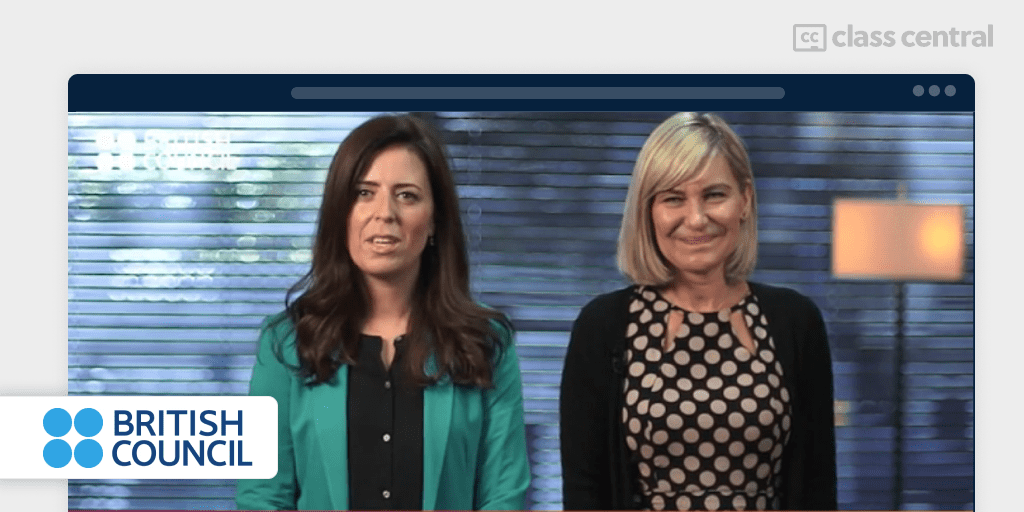
The English in Early Childhood: Language Learning and Development course by British Council teaches both educators and parents how young children from ages 0 – 6 learn English as an additional language and how to apply different tested and tried strategies to help assess the children’s development.
Hello everyone, my name is Ada Glory Edolo. I am Nigerian, I presently live and work in Abuja, the Capital. I have completed the English in Early Childhood Education course. Here’s my review.
Why I took this course
I grew up in a polygamous family of four mothers, five siblings and eight half-siblings. We experienced a lot of challenges learning English because of our diverse ‘mother tongue’. Over the years, I became a librarian who is on a quest for knowledge, and was able to achieve a certificate in English as a second language from Cambridge Primary (July 2018), then got another certificate in Global Education for Teachers from the University College London (September 2021).
As a mother, I thought I knew so much about the dynamics of a child’s brain until I came across this course which opened my eyes to numerous valuable content in form of videos, and articles, more compiled experiences from our expert educators, wonderful parents, and my fellow classmates who were willing to share their experiences in the forum.
What I have learned
Amongst other very intriguing articles, I found Helen Huleatt’s (June 2012) article on ‘Heuristic Play’ amazing. According to her, “playing” is known to be a tried and tested strategy being utilized by educators, parents, and teachers to solve young children’s natural curiosity. She also stated that using repetition of actions to test the results from their curious minds helps strengthen their cognitive skills as well as fine muscle control and hand/eye coordination. Over the years, learning through play has become more and more interesting. So, when educators and parents use natural materials like seashells and ribbons, fine sand, and stones to create an artwork that can be colored by the children, or even the collection of bottle caps for counting (math) and constructing different shapes and objects using twigs and leaves make learning FUN!
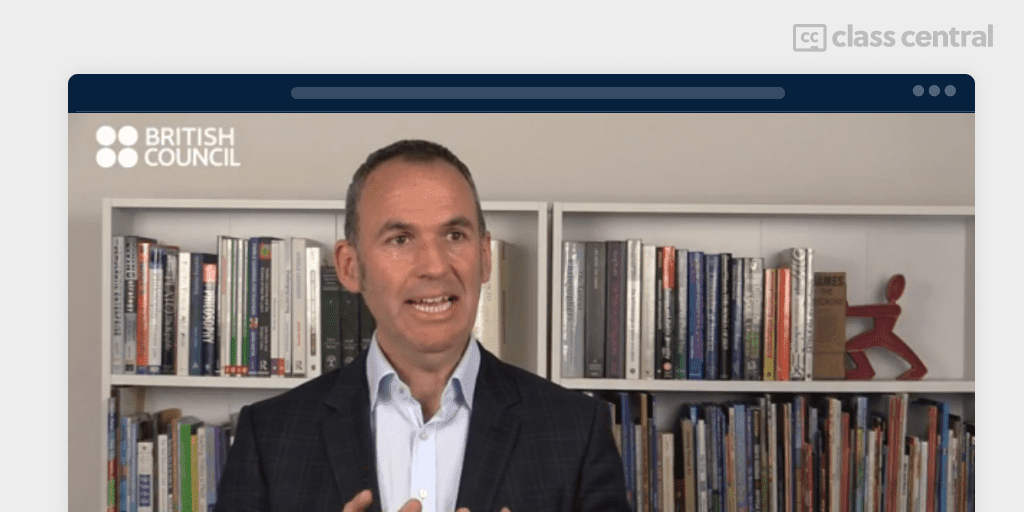
The social aspect of this heuristic play is aimed at improving teachers/educators and parents to successfully engage the children even while they play by using the dialogue and participation principle. This social act does bring the children together making learning more interactive as well as intriguing. Once, I experienced a true form of ‘Social Interaction’ amongst the children during our preschool recess, as one of them discovered sound by just tooting on a cardboard tube. Then, other children started tooting their own tubes, as they made some music and explored the diversity of sounds.
In a nutshell, the course has taught me how children learn, how to talk to children, using Play as an important aspect to develop a child’s life, ensuring that children have an enabling environment to learn in, guiding their different learning experiences, building positive relationships with the children, observing, assessing the child, planning, and building on what the children can do.
The beginning of Early Childhood Education
Early Childhood Education goes as far back as the 1500’s. Where the concept of educating children was attributed to Martin Luther (1483-1546). Back then, very few people knew how to read and many were illiterate. So, Martin Luther believed that education should be universal as he also made it a point to emphasize that education strengthened families as well as communities. Luther also believed that children should be educated enough to be able to read independently, so that they could have access to the Bible. This meant that teaching children how to read at an early age would be a strong benefit to society and the world at large. (History of early childhood education: Steven Bonnay. February 22, 2022).
The course
The course has been broken down into some categories of anecdotes which includes, approaches to learning, social and emotional development, physical development and health, language/literacy/communication, mathematics, creative arts, science and technology, and social studies.
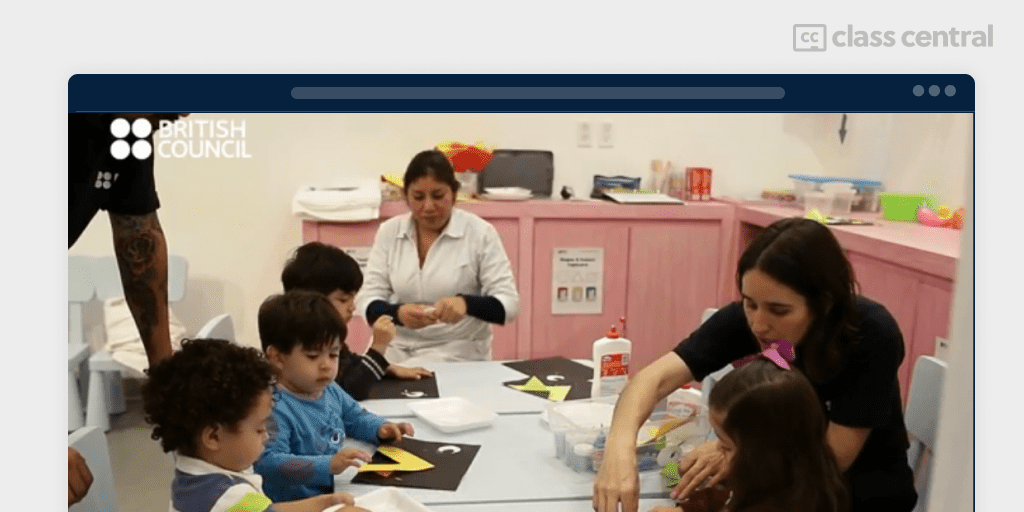
Teaching English to young children while they are learning their mother tongue is a challenging but rewarding prospect. This course has so many resourceful materials, videos, and articles. So, six weeks were used to diffuse all the intricacies about the course:
- Week one, we learned about total early childhood development, children and language acquisition, as well as every expectation required by all learners.
- Week two, we learned about the importance of play amongst children, creating an ‘enabling’ environment for children to play, and developing language through interactions.
- Week three, the course focused on how to talk to young children by encouraging emotional development, and Language through social interactions.
- Week four, we learned about English and everything, in a way to develop the whole child, learn English in context, and guide the learning experiences amongst the children.
- Week five, we learned about how to develop positive relationships and enabling environments by helping children feel safe and happy while learning. Also, the importance of knowing the children we are teaching very well.
- Week six, we were taught how we can watch children learn, by knowing that every child is unique in their own way, observing how each learns, applying assessment in early years, planning their lessons, and building on what children can do.
Discussion forum and assignments
The course also comes with very interesting forums. We have the comment sections, questionnaires, and assignments to be completed on Padlet for grading. My favourite part is the Padlet as it allows us to use amazing features in it to discuss our different experiences while teaching and learning from our pupils. It also helps us upload completed assignments based on each week’s lessons, so that our teachers could go through and ascertain the level of our understanding of the taught lessons. The joy of reading through my classmates’ work/experiences increased my curiosity on how other educators are coping all around the world. I also enjoyed the questionnaire that comes at the end of each week’s lesson. Now, just like a cherry on the top of vanilla ice-cream, the British Council’s ‘learning time with Timmy’, added more clarity on the strategies educators, parents and teachers are implementing to achieve life-long skills for the children.
My only challenge was having to battle with an unstable network which sort of extended my learning hours. This made me spend 3 – 5 hours a week on the course. And I was able to complete the course despite the network challenges.
The Instructors
Ms. Sheona Gilmour is the lead educator on this course for teachers and parents. And she has more than 20 years experience working with early years children and young learners in kindergartens, primary schools, and teaching centres. In most of the videos, she talked about children who learn and develop at different rates and in different ways, because when we understand that, it will help teachers/parents use the child-centered lesson plan more as well as adapt to activities based on the needs of the children. She also stipulated in her article, (Five essential tips for teaching very young children English, 27th October, 2016). That “introducing language into the child’s world using toys, costumes, cars, plasticines, building blocks, dolls, etc. Which aids the children to learn through play, offers a meaningful way for children to have fun as they learn and develop. This also provides opportunities and reasons for children to hear, say new words and become familiar with them.”
Another amazing teacher is Tracey Chapleton. She is a seasoned early years teacher for over 25 years. She worked on most of the videos compiled for teaching the course. She mostly works in the areas of teacher development and materials writing. She has been teaching the intricacies of this course for more clarity.
My experience and key takeaways
As a certified Librarian and teacher, I have taken classes in English as a second language, Global education for teachers, and recently, this English in early years childhood education. My experiences teaching children of 3 – 7 years classes have given me a new dimension in building a ‘Total Child’. Currently, I am coordinating daily reading intervention classes for children that have challenges in both reading and understanding context.
The course has made me realize that children are ‘unique’ in different ways. Therefore, requiring teachers who have intriguing, fun strategies and positive relationships, to successfully make a positive impact on them. So, as a result of my observations, I started doing research and using the differentiation method in my planning and implementation, and it worked out well as often as possible, helping me to carry everyone along and end each class on a right note. Although we lack essential educational resources at the moment, which has caused a major ‘hiccup’ in my teaching experience. However, I have made some requisitions, hopefully they will be resolved soon.
Conclusion
In conclusion, I must say a huge THANK YOU to my teachers Sheona Gilmour, Sarah Reid, and Tracey Chapleton. It would not have been easy without their hard work. I really appreciate all my classmates for their sincere comments and expressions. Yes, I was able to complete the course and I would like to enroll in another course on ‘Child Psychology’, when I get the opportunity.
